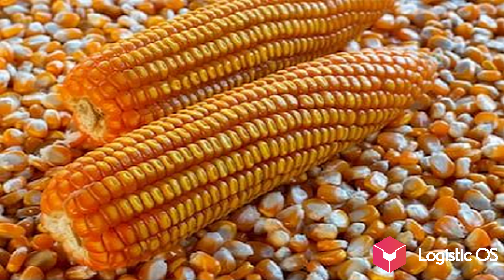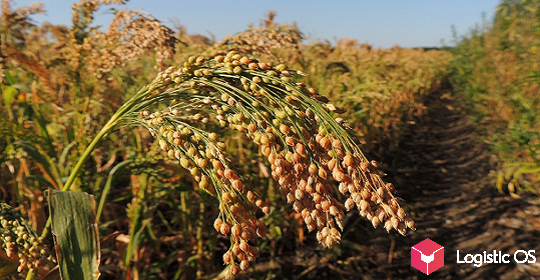In the last week, wheat prices have increased in many regions of the country, and there are prerequisites that this trend will continue.
As of November 15, an increase in grain prices was recorded in the Rostov, Krasnodar and Stavropol regions — these are one of the main producers of Russian wheat.
At the same time, corn prices increased in almost all regions.
Experts believe that growth may continue, and several factors contribute to this.
— The end of the harvest causes a decrease in supply on the market.
— Domestic demand for grain within Russia is increasing. For example, from the side of flour millers.
— The cost of production of agricultural products is growing. Analysts warn that growth here could reach 30% next year. IN
First of all, the reason will be the rise in fuel prices. This year, the shortage of gasoline and diesel, along with a strong rise in prices for them, made it very difficult for farmers to do autumn sowing.
— Prices on the world market are rising. This is also due to several factors:
Competition for Russian grain is decreasing, because many producing countries (European Union, Canada, Ukraine, Australia) did not harvest the largest harvest this year.
Tender purchases from the main buyer countries of Russian agricultural products are decreasing. Including Egypt, Algeria, Tunisia, Jordan, Saudi Arabia.
Will high exports continue?
Experts believe that at present there are no special obstacles for him. Wheat exports are about 4.5-5 million tons per month, but this figure is unlikely to grow significantly.
However, contracts for the export of another 2.4 million tons of wheat were signed this month.
One of the reasons that could prevent exports from growing could be an increase in duties. This week it increased for the first time in a month and now stands at 4,545 rubles per ton.
Another measure that will slow down grain exports is a quota.
The quota is currently set at 24 million tons and will be valid from February 15 to June 30 next year.
Taking all this into account, the Ministry of Agriculture expects that grain prices should normalize in the near future.
First of all, the department is concerned about avoiding a significant increase in prices within the country. This is precisely why mechanisms such as quotas and duties are used.
However, taking into account the fact that production costs are growing significantly, and the duty does not allow them to make large profits from exports, it will be difficult for agricultural producers to avoid raising prices for their products next year.

